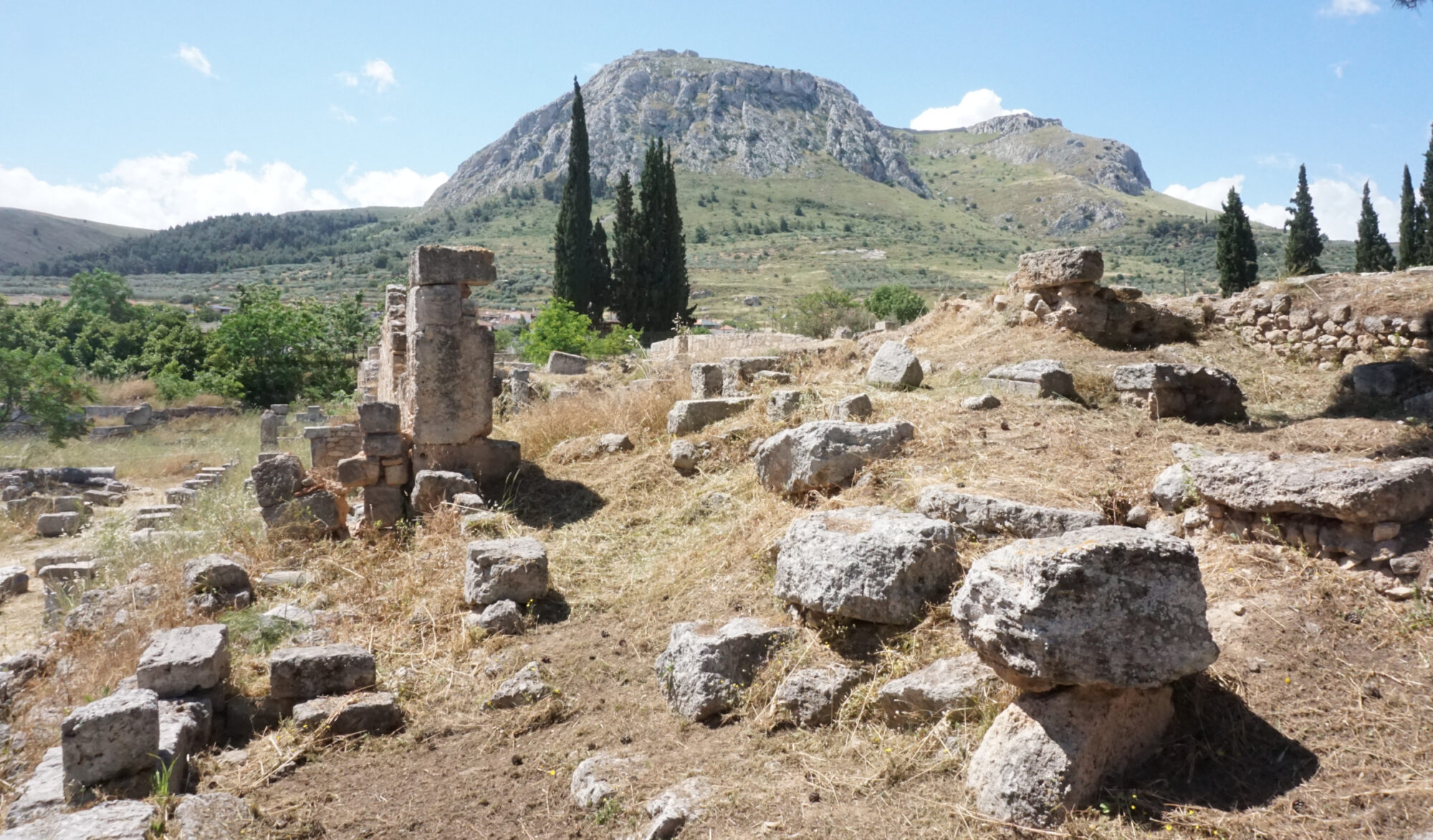
To stand watch on the ramparts is to commit oneself to the protection of others.
Habakkuk stood on the ramparts to await God’s answers to difficult questions. Questions such as “Why do you idly look at traitors and remain silent when the wicked swallows up the man more righteous than he?” (Habakkuk 1:13, ESV). He asked these questions to seek answers for the Israelites about their delivery from slavery.
Like Habakkuk, we can stand on the rampart to wait for God’s answers to the difficult questions we want to write about. Our commitment to seeking answers from God can lead to stronger writing with clear explanations for others seeking the same answers.
Before we write, let’s ask God our difficult questions and wait on the rampart for his answers.
Habakkuk 2:1 (ESV)—I will take my stand at my watchpost and station myself on the tower, and look out to see what he will say to me, and what I will answer concerning my complaint.

